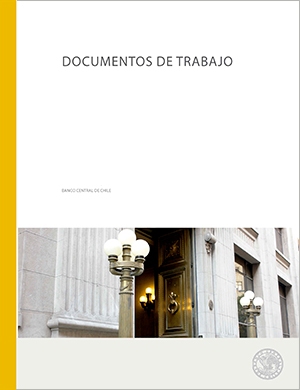Working Papers N° 66: Policy Biases when the Monetary and Fiscal Authorities have Different Objectives
Publications
Working Papers N° 66: Policy Biases when the Monetary and Fiscal Authorities have Different Objectives
Autor: Herman Bennett , Norman Loayza
Description
Central bank independence has contributed to achieve price stability and fiscal discipline for many countries. This is an accepted first-generation reform of fiscal and monetary policy. The question this paper asks is whether a second-generation reform consisting of institutional incentives for domestic policy coordination could be beneficial. The paper presents a game-theoretic model where the fiscal and monetary authorities interact to stabilize the economy. These authorities are different in that they have dissimilar preferences with respect to output and inflation gaps and control different policy instruments. Modeled as Nash or Stackelberg equilibria, the solution under lack of policy coordination implies that an increase in the preference divergence between the monetary and fiscal authorities leads to, ceteris paribus, larger public deficits (the fiscal authority's policy instrument) and higher interest rates (the central bank's instrument). The empirical section of the paper tests this conclusion on a pooled sample of 19 industrial countries with annual information for the period 1970-94. Controlling for other shocks and economic conditions, the estimation results support the main conclusion of the theoretical section. The policy implication of the paper is that, without prejudice to the gains from central bank independence, institutional arrangements that allow for coordination both at the level of setting objectives and at the level of policy implementation can alleviate the biases that move the economy to sub-optimally higher fiscal deficits and real interest rates.
Working Papers N° 66: Policy Biases when the Monetary and Fiscal Authorities have Different Objectives
Boxes and graphics

